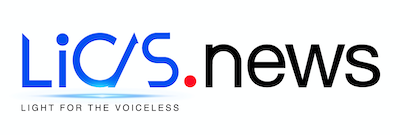Mulan: Disney’s deal with the devil
Live-action movie Mulan is one of Disney’s most expensive productions and it’s also now becoming one of most unprincipled
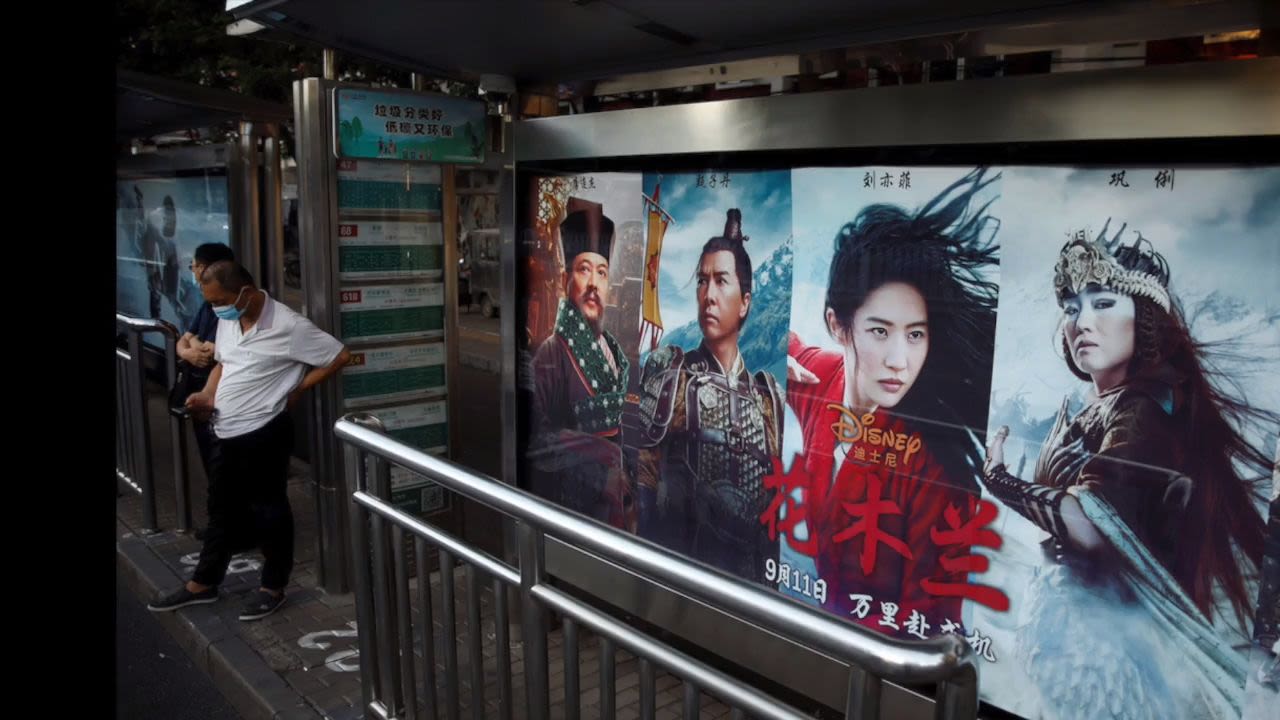
The live-action movie Mulan is reportedly one of Disney’s most expensive productions and it’s also now becoming one of its more unprincipled efforts ever.
This week the US-based multinational attracted its fair share of criticism after word spread that Mulan’s end credits included thanking China’s communist authorities for assisting with filming in heavily securitized Xinjiang, a region where a million plus Uyghurs and other Turkic Muslims are said to be held in reeducation camps.
Outside of the camps, life for Xinjiang’s Uyghur population is also miserable by design courtesy of the Chinese Communist Party (CCP). Uyghurs there have to deal with surveillance, indoctrination, forced abortions and sterilization, and the destruction of their cultural and religious heritage.
The $200 million film’s thankyou note — which included acknowledging several communist propaganda departments in Xinjiang plus the public security bureau of the city of Turpan — created an uproar and what is a growing scandal for Disney.
“Turpan … is the first documented case of re-education against Muslim minorities in Xinjiang,” tweeted China expert Adrian Zenz who also referenced a 2013 Chinese document that “speaks of the ‘re-education’ of ‘focus groups’ to ‘eradicate the soil for the breeding and spread of religious extremism.’”
Disney, did you not see the concentration camps? pic.twitter.com/D9m9UeQiaR
— Adrian Zenz (@adrianzenz) September 9, 2020
Main photo: This photo taken on Feb. 16, shows two workers wearing face masks manning a promotional stand for the Disney movie Mulan in an almost empty shopping mall in Beijing. (Photo by Greg Baker/AFP)
Activist Shawn Zhang, who has exposed Xinjiang camps via Google Earth, tweeted that if the film’s crew “arrived at Turpan airport, and took highway G312 to Shanshan desert where they filmed, they could see at least seven re-education camps.”
Filming for Mulan was done in the region during 2018, which Zhang said was the peak of the re-education campaign. “How many thousands of Uyghur were put into camps by Turpan Bureau of Public Security when filming Mulan there?” he asked in a tweet.
In Turpan city, we can find Turpan City Detention Center 42.981687°, 89.167753°, pic.twitter.com/UrYM1g9rcc
— Shawn Zhang (@shawnwzhang) September 9, 2020
Turpan City Education Correction Center 42.955212°, 89.242028° pic.twitter.com/bCoacfXwPZ
— Shawn Zhang (@shawnwzhang) September 9, 2020
Gaochang District Vocational Skill Education Training Center 42.978767°, 89.172998° pic.twitter.com/dWo61bUT6u
— Shawn Zhang (@shawnwzhang) September 9, 2020
The growing revulsion over the Mulan thankyou credits likewise prompted American Senator Josh Hawley, a Republican, to write a damning letter to Disney demanding answers.
“How exactly does giving ‘special thanks’ to the officials responsible for imprisoning, torturing, and forcibly sterilizing millions of people because of their ethnicities and beliefs align with your supposed commitment to promoting human dignity and respecting human rights?” Hawley asked in his letter. “How does glorifying the Chinese authorities perpetrating abuses in Xinjiang provide comfort, inspiration, and opportunity to Uyghur children — including those who were never born because the CCP forced their mothers to abort them? Disney’s actions here cross the line from complacency into complicity.”
Why is @Disney thanking the repressive #China secret police involved in the #Uighur concentration camps? I’d like some answers pic.twitter.com/ezuB0hg1sk
— Josh Hawley (@HawleyMO) September 9, 2020
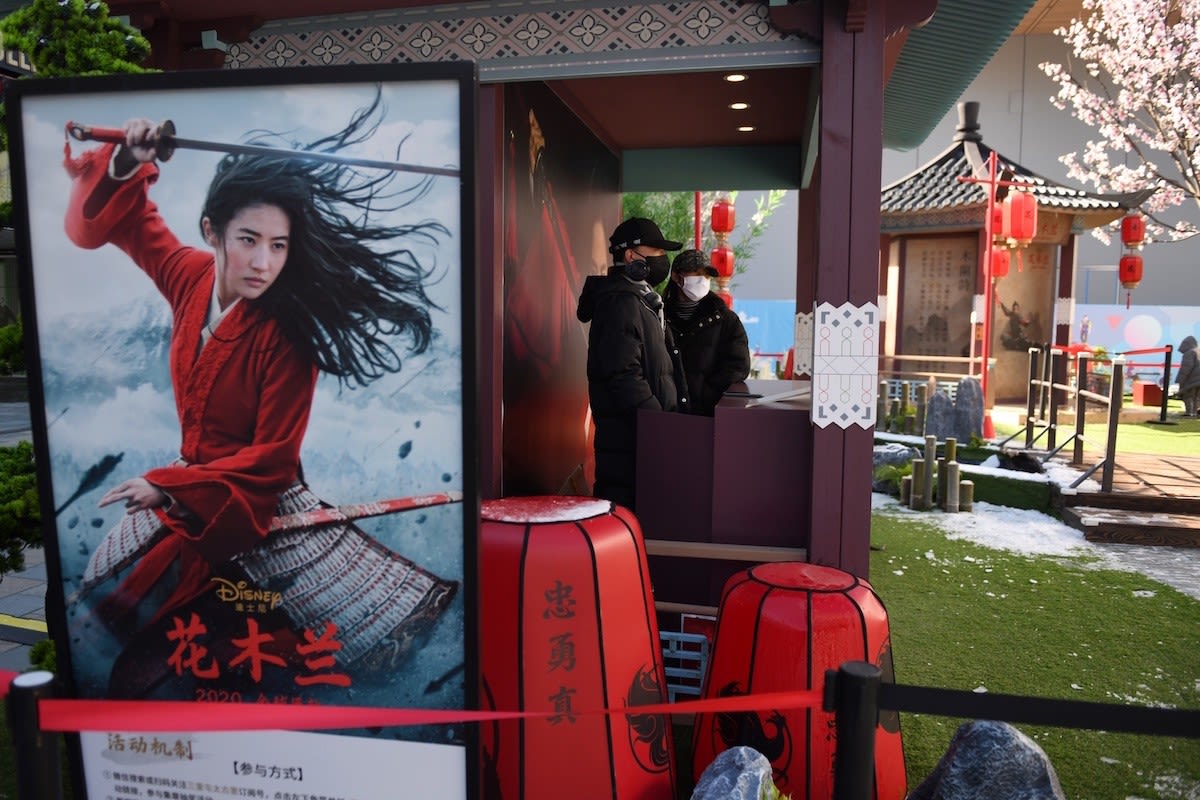
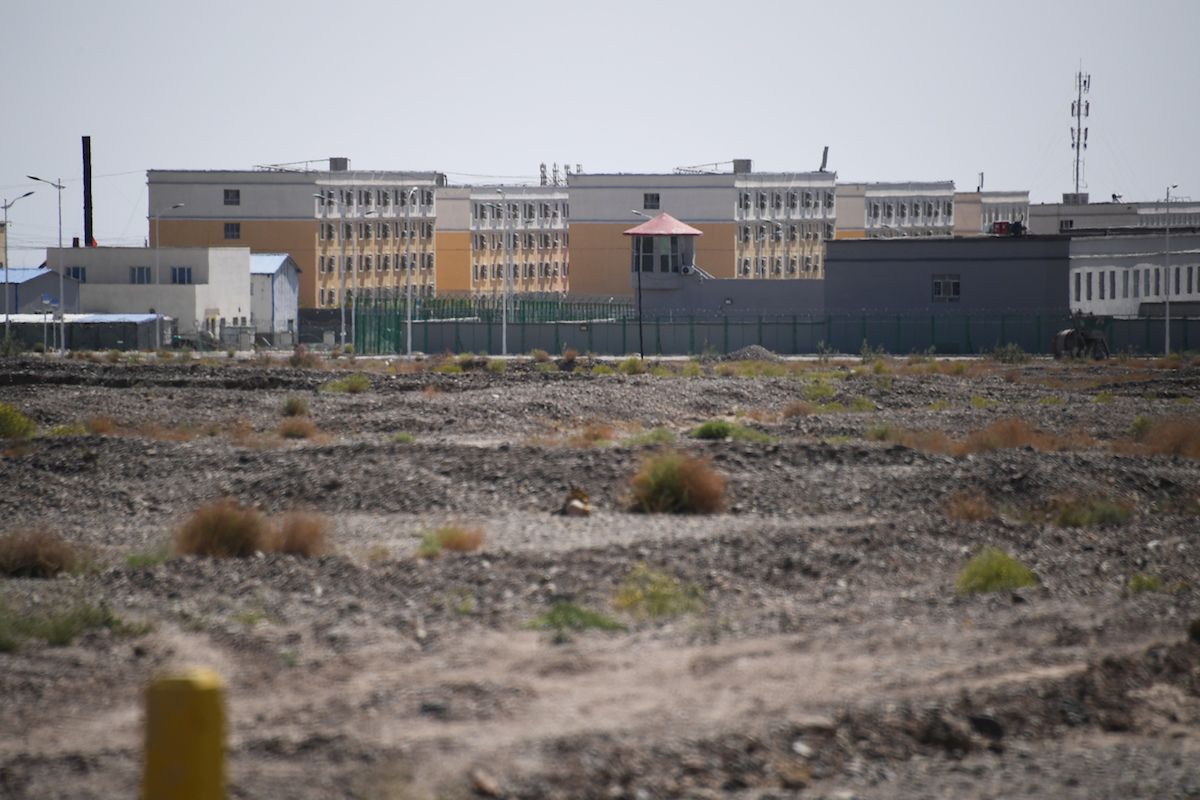
This photo taken on June 2, 2019 shows buildings at the Artux City Vocational Skills Education Training Service Center, believed to be a re-education camp where mostly Muslim ethnic minorities are detained, north of Kashgar in China's northwestern Xinjiang region. (Photo by Greg Baker/AFP)
This photo taken on June 2, 2019 shows buildings at the Artux City Vocational Skills Education Training Service Center, believed to be a re-education camp where mostly Muslim ethnic minorities are detained, north of Kashgar in China's northwestern Xinjiang region. (Photo by Greg Baker/AFP)
The broader details of what is occurring in Xinjiang are no longer a secret or barely known about. What’s going on there, despite the CCPs best efforts to hide and deny, cannot be ignored.
What the CCP is doing in Xinjiang has attracted world-wide condemnation, especially this year, with one example last month being a letter from faith leaders — including Myanmar’s Cardinal Charles Bo and Indonesia’s Cardinal Ignatius Suharyo — which said the “repression” in the region has become “one of the most egregious human tragedies since the Holocaust.”
The more than 75 faith leaders pointed out that the human rights abuses weren’t just a Xinjiang issue but across the board in the People’s Republic of China (PRC). The faith leaders expressed solidarity with Tibetan Buddhists, Falun Gong practitioners, and Chinese Christians, who are facing “the worst crackdown on freedom of religion or belief since the Cultural Revolution.”
Just tone deaf?
Maybe at the very least, a marketer would think Disney’s thankyou note was at best tone deaf, especially for a film already controversial before release when its lead actress Liu Yifei, a Chinese-American, tweeted support for Hong Kong police during that city’s pro-democracy protests.
But that’s still missing the point; Disney shouldn’t have been filming in Xinjiang in the first place. Given the scale of the human rights abuses being committed in the PRC there is little in the way of justification anymore for the likes of Disney to put on a front that everything is fine, because they aren’t and really they never were. Behind the façade of development, China under the CCP has always been a secretive authoritarian state.
As I’ve touched on before, western policies of trying to change China’s political system through engagement have proved fruitless. International business is there doing what they do; making money and for the likes of Disney and other Hollywood giants China is now the world’s second biggest movie market.
Amongst its other PRC interests Disney has partnered with the CCP, whose conglomerate entity, the state-owned Shanghai Shendi Group, has controlling shares of the Shanghai Disneyland Park which opened in 2016.
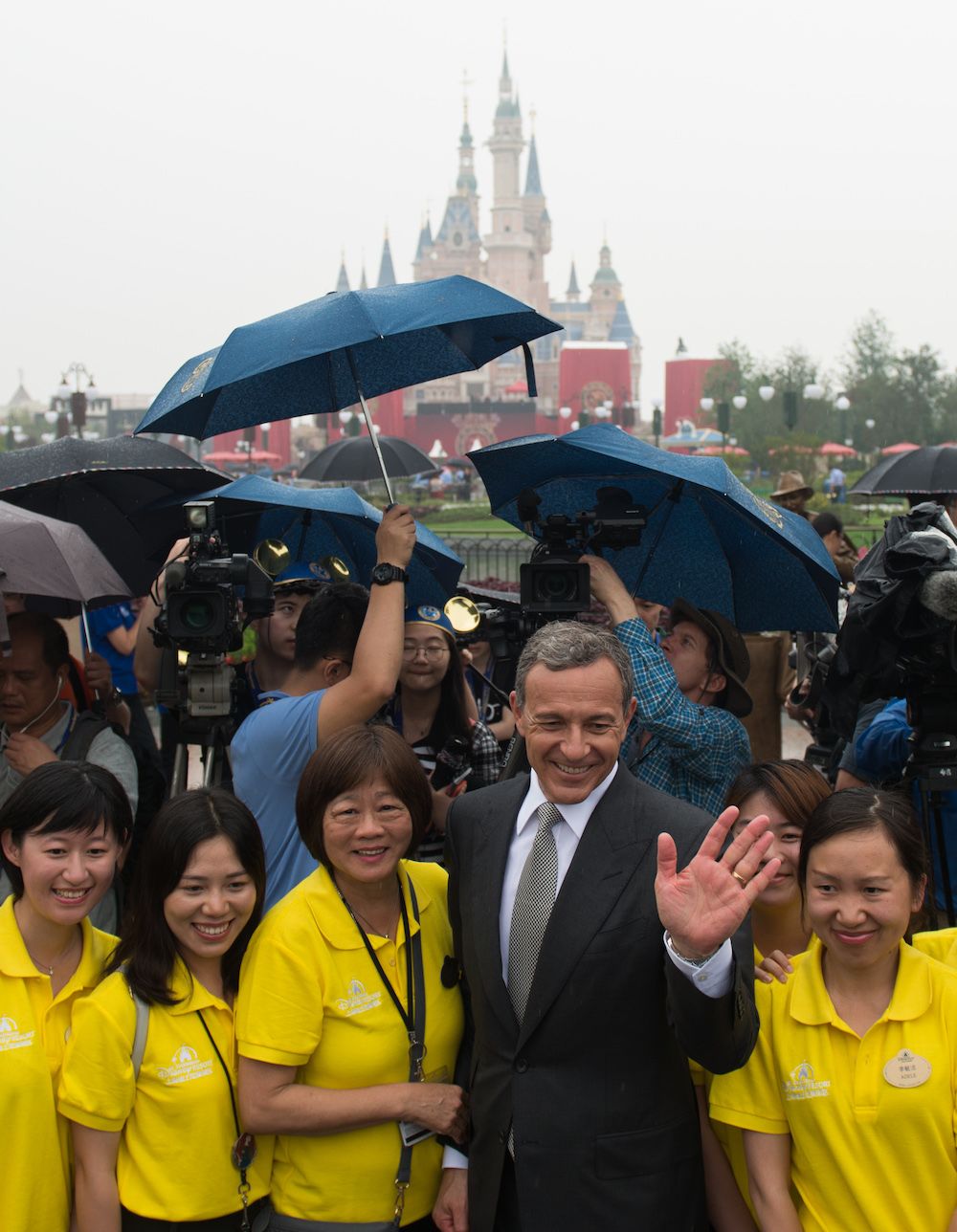
The then chairman and CEO of Walt Disney, Bob Iger, poses with volunteers in front of the Enchanted Storybook Castle at Shanghai Disney Resort after the opening ceremony in Shanghai on June 16, 2016. (Photo by Johannes Eisele/AFP)
The then chairman and CEO of Walt Disney, Bob Iger, poses with volunteers in front of the Enchanted Storybook Castle at Shanghai Disney Resort after the opening ceremony in Shanghai on June 16, 2016. (Photo by Johannes Eisele/AFP)
In July this year, US Attorney General William P. Barr singled out Disney and the Shanghai Disneyland Park deal in part of a wide-ranging speech on the Trump administration’s China Policy.
“I suspect Walt Disney would be disheartened to see how the company he founded deals with the foreign dictatorships of our day,” said Barr who was raised a Catholic.
“When Disney produced Kundun, the 1997 film about the PRC’s oppression of the Dalai Lama, the CCP objected to the project and pressured Disney to abandon it. Ultimately, Disney decided that it couldn’t let a foreign power dictate whether it would distribute a movie in the United States,” Barr said.
“But that moment of courage wouldn’t last long. After the CCP banned all Disney films in China, the company lobbied hard to regain access. The CEO apologized for Kundun, calling it a ‘stupid mistake’,” he said.
Barr said that Disney then began courting the PRC to open the Shanghai theme park and that as part of the deal, Disney agreed to give Chinese government officials a role in management.
“Of the park’s 11,000 full-time employees, 300 are active members of the Communist Party. They reportedly display hammer-and-sickle insignia at their desks and attend party lectures during business hours,” Barr said.
No comment from Disney
Disney has yet to publicly comment over the Mulan Xinjiang issue and maybe it won’t — it’s hard to defend the indefensible, not that its stopped China’s state media the Global Times from attempting to. Best known for attacking perceived enemies of the party, the Global Times editorial titled ‘Attack on Mulan tragedy for American society’ was all rambling denials.
“Now, even a film company has to experience scrutiny, thanks to the above-mentioned labeling. US institutional forces refuse to ponder on the Xinjiang issue. The door of thinking independently has closed. This is depravity,” being one example from the Global Times editorial.
Meanwhile four sources have divulged to Reuters that Chinese authorities have told major media outlets in China not to cover the Sept. 11 release of Mulan, which the sources believe was due to the Xinjiang backlash.
#BoycottMulan is a MUST!
— 巴丢草 Badiucao (@badiucao) September 8, 2020
After support HK police brutality, @Disney is pro genocide on #Uygur !
The final credits of #mulan thank Chinese government security agency in Xinjiang , where about 1m people are sent to concentration camps for torturing and forced slave labor. pic.twitter.com/Vuz8ny78oy
So where does Disney go from here?
That’s probably what executives in their Burbank headquarters are still trying to figure out how to manage this scandal. You just hope they aren’t consulting with Beijing as they do so. With #BoycottMulan trending on social media and unflattering reviews of the movie going online it’s hard to see how Mulan will be anything else but a flop and a moral disaster that has reflected badly on Disney who likes to market itself as both a woke and a family friendly company.
“Why we should #BoycottMulan? It’s about hypocrisy. In Hollywood movies, they claim to embrace social justice,” tweeted Nathan Law, the young Hong Kong activist. “In fact, they kowtow to autocratic China disgracefully. They shamed themselves by upholding values they don’t even believe in. Movies should be more than money,” he said.
Why we should #BoycottMulan? It’s about hypocrisy. In Hollywood movies, they claim to embrace social justice. In fact, they kowtow to autocratic China disgracefully. They shamed themselves by upholding values they don’t even believe in. Movies, should be more than money.#FreeHK pic.twitter.com/Xmgdyl0NOj
— Nathan Law 羅冠聰 😷 (@nathanlawkc) September 7, 2020
In the end; if anything good comes from this it’s that the film’s thankyou note has unintentionally exposed further what’s going on in Xinjiang and for that matter, in China in general.
Disney isn’t the only international company or entity that needs to reassess what it’s doing in a country that’s ruled by a belligerent regime who is the world’s biggest human rights abuser.
There’s a whole bunch of folks who need to reevaluate why they are there and to figure out if their Faustian bargain is worth it.
*Tom Shanahan is the penname used by an Asia-based journalist who’d like to be able to travel back to Hong Kong one day, as well as China. The views expressed in this article are the opinions of the author and do not necessarily reflect the editorial stance of LiCAS.news.
Published September 11, 2020
© Copyright MMXX LiCAS.news
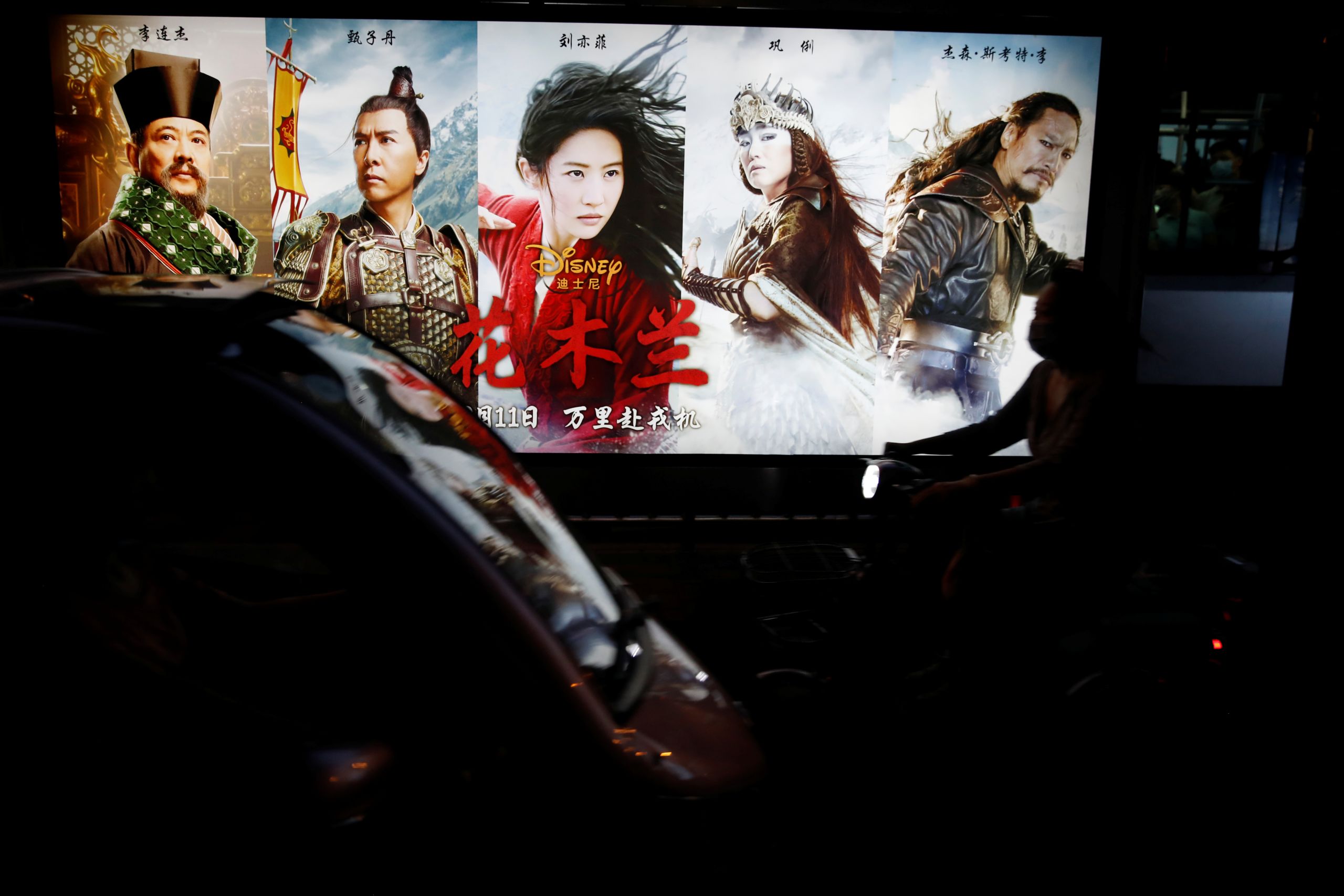
People ride past an advertisement promoting Disney's movie "Mulan" at a bus stop in Beijing, China September 9. (Photo by Carlos Garcia Rawlins/REUTERS)
People ride past an advertisement promoting Disney's movie "Mulan" at a bus stop in Beijing, China September 9. (Photo by Carlos Garcia Rawlins/REUTERS)
